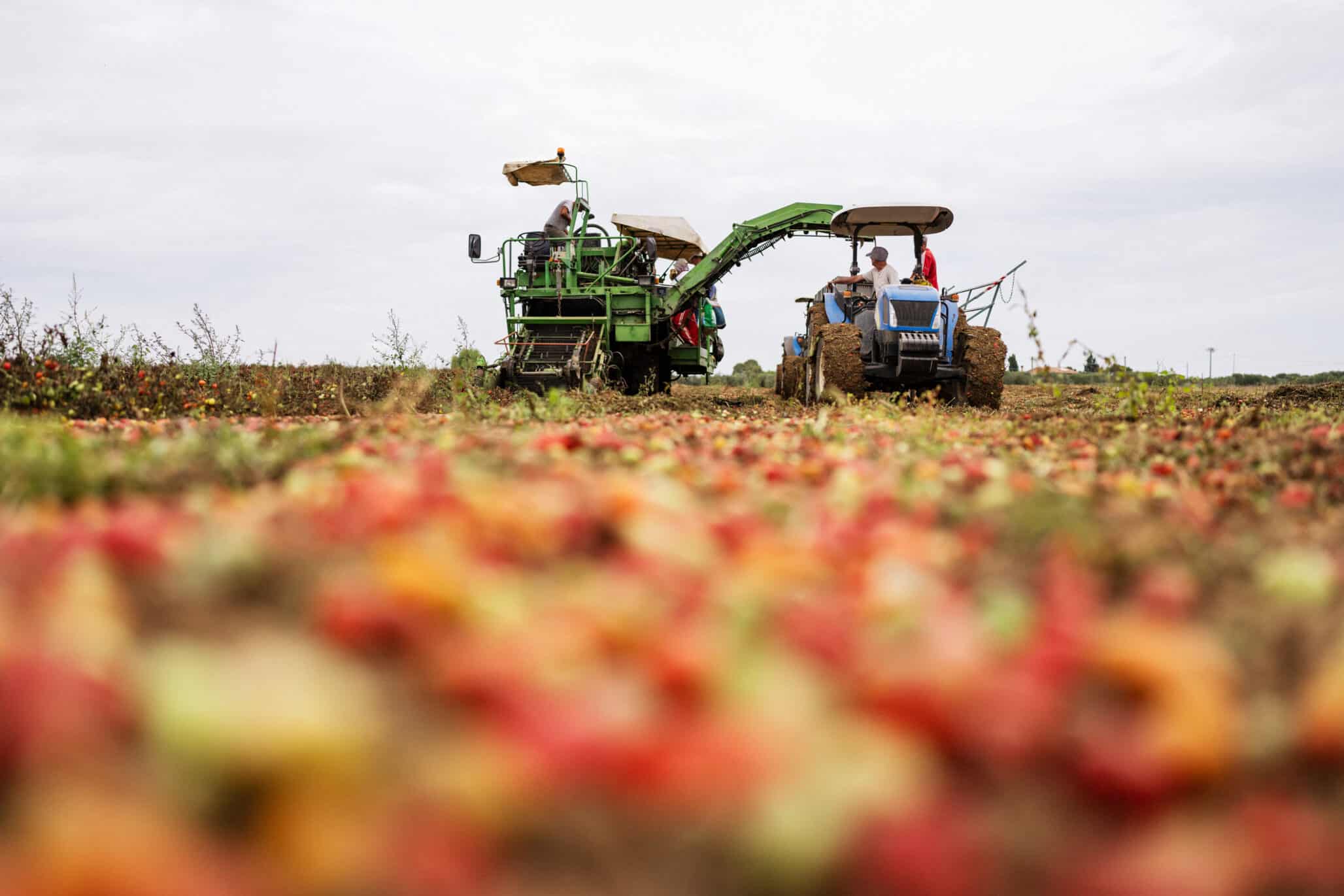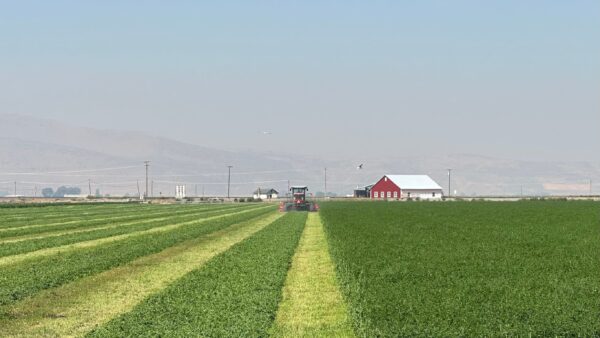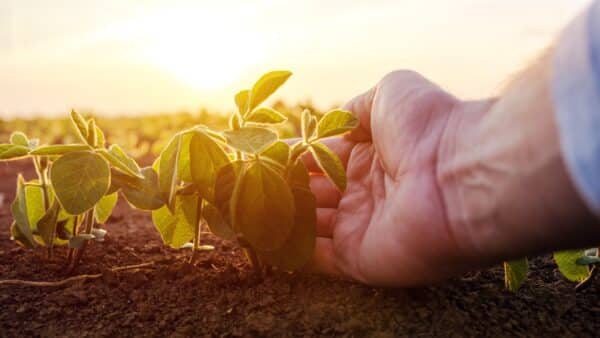The following is an article from our sister publication, European Seed.
Interview with Alberto Lipparini, Secretary-General of the Italian Seed Association ASSOSEMENTI, date 21 March 2020
European Seed (ES): Alberto, the news we are receiving from Italy about the impact of COVID-19 in Italy is shocking. So many cases with infection, so many people have died. What a tragedy!
Alberto Lipparini (AL): The news that you hear every day is not exaggerated! The reality is that we are living in a very worrying situation, which is certainly dramatic in some areas of our country. One of the most distressing things is that we don’t know when all this will end and what consequences it will have on our society and our economy. Moreover, we also read about how this pandemic is spreading to the whole world, witness what is happening in other countries and what is still happening here in Italy.
ES: What kind of impact has COVID-19 on your association?
AL: In Assosementi we have applied to the letter, the provisions of our government: after a few days of alternate work to guarantee the minimum distance between us, all colleagues are now working at home. I am the only one that is going to the office, absolutely isolated, to guarantee a minimum presence.
Outside the office, everyday life confirms once again that we are Italian. People do not always stick to the decreed rules, and the government just had to issue another decree yesterday that forbids access to parks and gardens and which obliges people to stay at home with few exceptions.
In the seed sector, the Italian seed companies promptly adopted the provisions of the Italian government: they reduced their activity to essential operations that cannot be postponed, limiting the presence of workers in the factory to the bare minimum. Work shifts have been adopted in order to minimize the possibility of contact between workers and where it has not been possible to guarantee the minimum distance of one meter from each other, all the necessary PPE have been provided. In this way the activity in the factory has never stopped and the deliveries of seeds to the farms have been guaranteed. This was very important to ensure the spring sowing (maize, various vegetables, etc.) and to guarantee the production for the 2020 campaign.
ES: What has been the aim of your government’s measures?
AL: Since the beginning of this pandemic the objectives of our government have been twofold: to guarantee the health of the population and to ensure the stability of the national economy. Therefore, the Italian government intervened by limiting to a minimum the movement of people (with very few exceptions, such as proven working needs, health reasons and other needs such as food purchases), first in the outbreak areas of Northern Italy then, from 9 March, in the whole national territory.
ES: Can certain work activities continue?
AL: The work activities were able to continue only if necessary and only if these were considered essential and not deferrable. It could continue provided that specific measures were taken to protect the health of workers (PPE, reduction of active staff, minimum distance of 1 meter between people, strong stimulus to smart working, etc.). Subsequently, many activities were closed as a source of possible easy infections (pubs, restaurants, commercial activities, etc…).
ES: How about agriculture?
AL: Agricultural and zootechnical activities have been exempted from this obligation as they are considered essential to guarantee the supply of food and for the care of all the animals. From the beginning, the related agri-food chains have also been included in this derogation, including suppliers of goods and services for these activities. The seed business thus came under this derogation. Therefore, our seed companies have been able to continue working, albeit with reduced operations and with the adoption of every possible form of security.
ES: Were you able to reach out to your government?
AL: As Assosementi, we supported the adoption of the above measures by remaining in close contact with our Ministries of Agriculture and Health, and with the governors of the most affected regions (Lombardy and Emilia-Romagna). We have reached out to the two ministries on a regular basis. After a period of initial disorientation due to the interpretation of government regulations, today the situation seems to have normalized, even though we live day by day accompanied by a daily medical bulletin reminding us of the crisis in the country. You can imagine our mood!
ES: Which challenges are you dealing with?
AL: There are still several critical issues that we are facing.
The main one concerns transport. The Italian government has recently specified that the goods can circulate on the national territory without limitations. The problem is that with the outbreak of the pandemic, the number of drivers willing to travel to certain areas of the country and abroad in certain countries, has drastically reduced, so shipments have slowed down.
We then had to face the limitations imposed by other EU and non-EU countries (Austria, Slovenia, Croatia, Romania, Bulgaria, Poland, Ukraine and Russia to name a few…). In some cases (Austria and Slovenia), thanks to the intervention of our government, the situation seems to be resolved, in others there are still serious difficulties. The support of Euroseeds in these cases is needed!
Other critical issues concern seed support services. The structures that deal with seed certification and phytosanitary control also work at a reduced regime, with few active staff. The laboratories that perform the analyses undergo significant delays and the structures that must issue certifications are in difficulty. As Assosementi, we urged the Ministry of Agriculture to consider the possibility of authorizing self-certification and self-sampling by seed companies. We are waiting for an answer…
ES: But what about the companies in the seed sector, which are considered as non-essential?
AL: In these days, we are also trying to ensure the work of companies operating in the “non-professional” sector whose business, to date, is considered non-essential and therefore unauthorized. I am referring to the seed companies and nurseries that produce seeds and seedlings for the hobby- or flower sector. Currently such companies are not authorized to operate, but which represent an important economic activity: these companies are now going through a fundamental period and are fighting for their economic survival. Yesterday I sent a note regarding this topic to the Minister of Health to draw attention to this economic reality.
ES: Is the end in sight?
AL: Undoubtedly, all of this is a worrying scenario and they tell us that in Italy we have not yet reached the peak of the pandemic! The blocking situation that was decided by the Italian government, will last until April 3, but rumours say that the deadline will be postponed until after Easter. For example, it is now clear that the school year is over.
###
Assosementi Press release, date 17 March 2020
Well done, Minister Bellanova.
Stop export restrictions, the EU protects the free trade scheme
The Italian seed sector is grateful to the Minister of Agriculture, Teresa Bellanova, for her commitment to export restrictions in recent days. The hope is that her efforts will find the right support from the European institutions and that the unjustified measures put in place by some countries can be overcome as soon as possible, so that the transport of seeds can continue to be guaranteed.
“Italian seed exports amount to 255 million euros a year. The provisions imposed by some European Community countries — such as Slovenia, Croatia and Romania — and non-EU countries, such as Russia and Ukraine, risk putting the Italian seed sector in difficulty. This sector has historically been a leader at EU level, and which has made the high quality of the products its undisputed strength,” said Giuseppe Carli, President of Assosementi.
“The work carried out by the government deserves our acclaim, because it is ensuring the supply of seeds to the production chain at the delicate time when sowing campaigns are taking place. Italian seed companies are fully enforcing the required standards, have reduced the activity of their company staff while keeping only what is needed for plant and field production operational and being able to ensure the safety of the employees,” Carli added.
“We now expect Europe to do its duty and protect the free trade regime within the Union, which is one of the pillars on which it was founded. Seeds are the first link in any supply chain and logistical flows must be guaranteed, especially at such a difficult stage, in order not to jeopardize European production activity,” concluded Carli.













